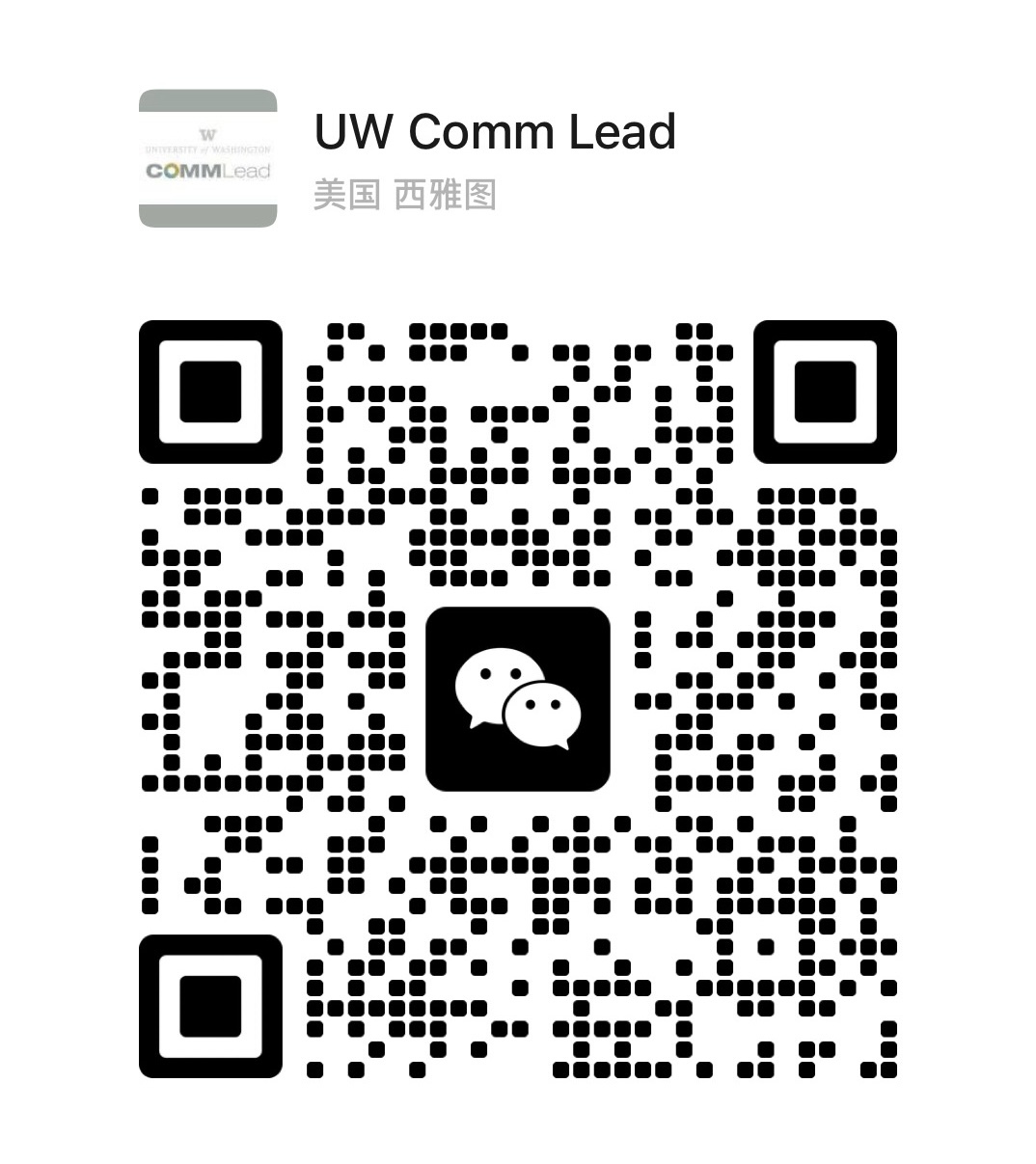Course Description:
Designers, product marketers, and entrepreneurs will learn the psychological constrictions of attention, perception, memory, disposition, motivation, and social influence that determine whether or not customers will be receptive to their digital innovations. This will give their innovations an edge on what are increasingly competitive platforms such as apps, bots, in-car apps, augmented reality content). Students will learn…
- The psychological processes determining users’ perception of, engagement with, and recommendation of digital innovations
- Examples of interfaces before and after simple psychological alignments that vastly enhanced their effectiveness
- How to identify, apply theory, and develop consulting or research recommendations based on psychological theory
- Application to their own business interests. A deeper understanding of common digital interfaces such as conversion funnels, display advertisements, and mobile notifications.
- A broader understanding of the human context of digital ventures, and the ethical differences between alignment and meeting needs vs. exploitation and unsustainable design approaches
Student Testimonial:
“This course explores the fascinating relationship between UX design and human psychology. In his lessons, Professor David Evans describes the psychological constraints of attention, perception, memory, disposition, motivation, and social influence, and uses real-world examples to provide a deeper understanding of their role in user design. Students are assigned weekly assignments where they apply one of the psychological processes to an example of their choice. Additionally, this class includes an in-depth ethics discussion centered on human behavioral traits and whether UX designers meet user needs or exploit them. As a final deliverable, students write an ethics paper based on the discussions. As a whole, Aligning UX Design with User Psychology is beneficial beyond the classroom because David’s enjoyable teaching style ingrains the lessons in his students. At the very least, this class will draw awareness to your own behavioral traits and help identify when they are manipulated.”

 University of Washington
University of Washington